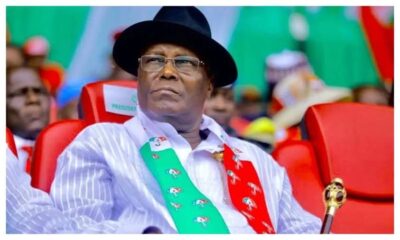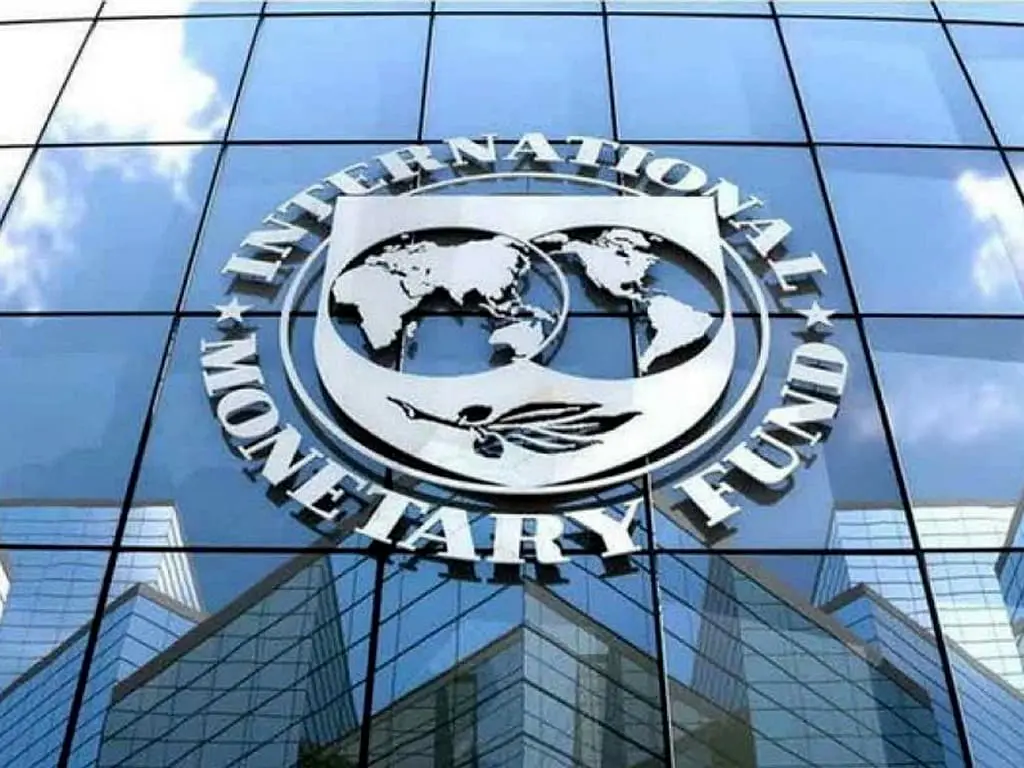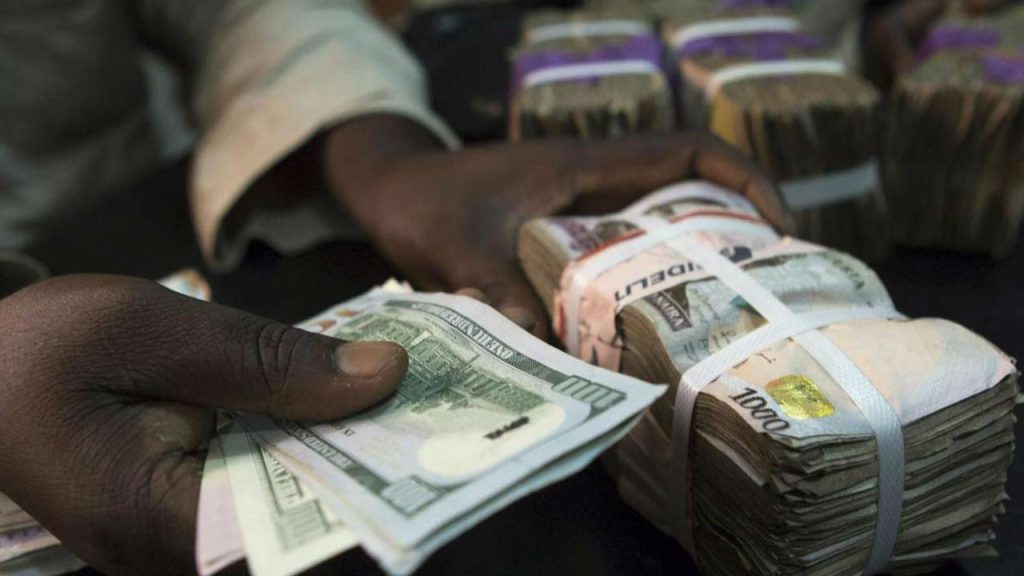Business
EFCC Arraigns Forex Broker for Alleged N2 Billion Investment Scam in Uyo
Published
9 months agoon
By
Ekwutos Blog
The Enugu Zonal Directorate of the Economic and Financial Crimes Commission, EFCC on Friday, July 19, 2024 arraigned one Rufus John Isip, a self-acclaimed forex broker before Justice C. S. Onah of the Federal High Court sitting in Uyo, Akwa Ibom State.
Isip was arraigned alongside his company, ITM-IT Resources Limited on an eight-count charge bordering on fraudulent conversion, money laundering and obtaining by false pretence to the tune of N2, 022, 081, 172 (Two Billion, Twenty-two Million, Eighty-one Thousand, One Hundred and Seventy-two Naira).
Count one of the charge reads: “That you, Rufus John Isip while being the Director of ITM-IT Resources Limited and ITM-IT Resources Limited sometime in December 2020 and May 2021 in Uyo, Akwa Ibom State, within the jurisdiction of the Federal High Court of Nigeria, with intent to defraud, obtained the sum of (431, 331, 172. 00) Four Hundred and Thirty-one Million, Three Hundred and Thirty-one Thousand, One Hundred and Seventy-two kobo from one Michael Okon, the Director of N-Rex Resources Limited under the false pretence that it is an investment in Vandera, an online investment platform, on his behalf, which pretence you knew to be false and thereby committed an offence contrary to Section 1 (1) (a) of the Advance Fee Fraud and Other Fraud Related Offences Act, 2006 and punishable under Section 1 (3) of the same Act”.
Count eight of the charge reads: “That you, Rufus John Isip while being the Director of ITM-IT Resources Limited and ITM-IT Resources Limited sometime between December 2020 and May 2021 in Uyo, Akwa Ibom State, within the jurisdiction of the Federal High Court of Nigeria, converted the total sum of (N730, 870, 000. 00) Seven Hundred and Thirty Million, Eight Hundred and Seventy Thousand Naira to crypto currency (Bitcoin) and transferred same into your Binance Wallet knowing that the said money formed part of your unlawful act and you thereby committed an offence contrary to Section 15 (2) (d) of the Money Laundering (Prevention and Prohibition) Act, 2011 and punishable under Section 15 (3) (4) of the same Act”.
He pleaded not guilty when the charges were read to him.
In view of his plea, Khamis Mahmud, counsel to the EFCC prayed the court to remand him in EFCC custody on the grounds that “we are still investigating him on other cases”.
The defence counsel, Samson Ewuje however, did not pose any objection.
Justice Onah adjourned the matter to October 14, 2024 for trial and the defendant was remanded at the Uyo Zonal Directorate of the EFCC.
Isip was arrested based on a petition from one Michael George, alleging that he lured him to invest in his online trading platform called Vandora.io. According to the petitioner, the defendant told him that it was more profitable to trade on his platform with a minimum trading capital of $100, 000. 00 (One Hundred Thousand Dollars) and that he would earn more profit if he involved more investors.
The petitioner thereafter invested, reached out to other investors and companies who also invested in the defendant’s phony online trading platform and after 60 days (as agreed) for the investors to start earning their profits, the defendant disappeared into thin air.
Visit www.efcc.gov.ng for more stories
You may like


Your coalition has crumbled — Presidency mocks Atiku as more politicians join APC


Netflix Star Swanky Jerry Pens Heartfelt Birthday Message to Ini Edo


Nigerian Singer Portable Treats Himself to a Brand-New FORD F150 Truck


Probe state-sponsored insecurity in Southeast – Nnamdi Kanu tells EU, US ahead of trial


Nigerian Music Powerhouse Kcee and Wife Ijeoma Mark 15 Years of Matrimony


97years old Mrs Suzanne Elumelu, Mother Of Tony Elumelu.
Business
Resolve trade tensions inimical to global economic growth – IMF tells countries
Published
8 hours agoon
April 25, 2025By
Ekwutos Blog
The Managing Director of the International Monetary Fund, IMF, Kristalina Georgieva, on Thursday urged countries to swiftly resolve trade disputes that threaten global economic growth.
Georgieva said the unpredictability arising from President Donald Trump’s aggressive campaign of taxes on foreign imports was causing companies to delay investments and consumers to hold off on spending.
She made the call while addressing reporters in a briefing during the spring meetings of the IMF and its sister agency, the World Bank.
“Uncertainty is bad for business,’’ she said.
Georgieva’s comments came two days after the IMF downgraded the outlook for world economic growth this year.
The 191-country lending organisations which seek to promote global growth, financial stability and to reduce poverty, also sharply lowered its forecast for the United States.
It said the chances that the world’s biggest economy would fall into recession have risen from 25 per cent, to about 40 per cent.
Georgieva warned that the economic fallout from the trade conflict would fall most heavily on poor countries, which do not have the money to offset the damage.
Trump, since his second return to the White House on January 20, has aggressively imposed tariffs on American trading partners.
Among other things, he slapped 145 per cent import taxes on China and 10 per cent on almost every country in the world, raising U.S. tariffs to levels not seen in more than a century.
He has, however, repeatedly changed US policy, suddenly suspending or altering the tariffs.
This has reportedly left companies bewildered about what he is trying to accomplish and what his endgame might be.
Trump’s tariffs culminated in a sharp reversal of decades of U.S. policy in favour of free trade and the resulting uncertainty around them have caused a week-long rout in financial markets.
But stocks rallied Wednesday, after the Trump administration signaled that it was open to reducing the massive tariffs on China.
“There is an opportunity for a big deal here,” U.S. Treasury Secretary Scott Bessent said Wednesday.
Business
Naira depreciates against dollar across official, black markets after Easter holidays
Published
2 days agoon
April 23, 2025By
Ekwutos Blog
Nigeria’s currency, the naira, depreciated against the dollar at the official and parallel foreign exchange markets upon the resumption of work after Easter holidays.
The Central Bank of Nigeria’s data showed that it weakened to N1,602.63 per dollar on Tuesday from N1,599.93 exchanged on Thursday last week.
This means that it declined by N2.7 against the dollar on a day-to-day basis.
Similarly, the naira fell to N1620 per dollaron Tuesday from N1610 at the weekend.
The N1,620 dollar exchange rate at the black market is the same rate recorded on Thursday before the Easter holidays.
The development comes following the sustained slump in the dollar amid threats to US Federal Reserve independence and the tariff war.
Business
US: Tariffs on China will come down substantially – Trump announces
Published
2 days agoon
April 23, 2025By
Ekwutos Blog
President Donald Trump of the United States has said that high tariffs on goods from China will come down substantially.
He said the tariffs would crash but won’t go down to 0%.
The President stated this during a White House news conference on Tuesday.
Trump stated this in response to earlier comments same day by treasury secretary, Scott Bessent.
Bessent had made it clear that the high tariffs were unsustainable.
Recall that the US had placed import taxes of 145% on China and in response the Asian giants retaliated with 125% tariffs on US goods.
Trump had announced what he described as a reciprocal tariffs on nations across the globe, causing the stock market to stumble and interest rates to increase on US debt.
“We’re doing fine with China,” Trump said.
Despite his high tariffs, Trump said he would be “very nice” to China and not play hardball with Chinese President Xi Jinping.
He added, “We’re going to live together very happily and ideally work together.”
Trump said that the final tariff rate with China would come down “substantially” from the current 145%, saying “It won’t be that high, not going to be that high.”

Your coalition has crumbled — Presidency mocks Atiku as more politicians join APC

Netflix Star Swanky Jerry Pens Heartfelt Birthday Message to Ini Edo

Nigerian Singer Portable Treats Himself to a Brand-New FORD F150 Truck
Trending

 Trending6 months ago
Trending6 months agoNYA demands release of ‘abducted’ Imo chairman, preaches good governance
- Business6 months ago
US court acquits Air Peace boss, slams Mayfield $4000 fine

 Politics6 months ago
Politics6 months agoMexico’s new president causes concern just weeks before the US elections
- Entertainment6 months ago
Bobrisky transferred from Immigration to FCID, spends night behind bars
- Entertainment6 months ago
Bobrisky falls ill in police custody, rushed to hospital

 Politics6 months ago
Politics6 months agoRussia bans imports of agro-products from Kazakhstan after refusal to join BRICS

 Politics6 months ago
Politics6 months agoPutin invites 20 world leaders
- Politics1 year ago
Nigerian Senate passes Bill seeking the establishment of the South East Development Commission.

